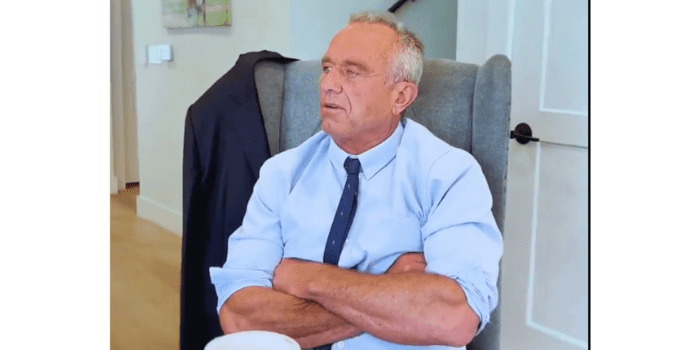(Morgan Sweeney, The Center Square) The Make America Healthy Again Commission released a sweeping strategy Tuesday to nationally improve children’s health, which includes more than 120 initiatives – including advancing research on autism, pesticides, vaccine injury and water quality – aimed at that end.
The strategy fulfills a directive from an executive order the president signed in February requiring an assessment of American children’s health and a subsequent strategy for improving it. The assessment identified “four potential drivers behind the rise in childhood chronic disease” that it said simultaneously “present the clearest opportunities for progress”: poor diet, exposure to synthetic chemicals, lack of physical activity and chronic stress and over-medicalization.
“We are now the sickest country in the world. The CDC announced this week that 76.4% of Americans are suffering with chronic disease,” said Department of Health and Human Services Secretary Robert F. Kennedy, Jr., citing rates of diabetes and autism.
Chronic disease and poor health affects every facet of American life, according to Kennedy, including national security.
“This is a national security issue. Eight of ten of our children, of our young men, cannot qualify for military service,” Kennedy added.
Despite some of the bleak statistics, Kennedy expressed optimism about what he said the administration will achieve with the freshly released strategy, expecting to see marked progress in some initiatives within the next four months.
“The accomplishments we’re going to have by the end of the year are going to be historic and unprecedented, including removing harmful chemicals from our food – including nine petroleum based food dyes… Front-of-package labeling for ultra-processed foods, requiring nutrition and metabolic health courses and medical schools – something that is not happening, except in a very limited way today,” Kennedy said.
He went on to name a number of other objectives his agency will have either started or completed by then.
Kennedy and others on the commission, including Department of Agriculture Secretary Brooke Rollins, who has worked with states to make soda and candy ineligible for certain food assistance programs, noted the “whole of government” approach they’re taking to respond to some of the issues named in the report.

